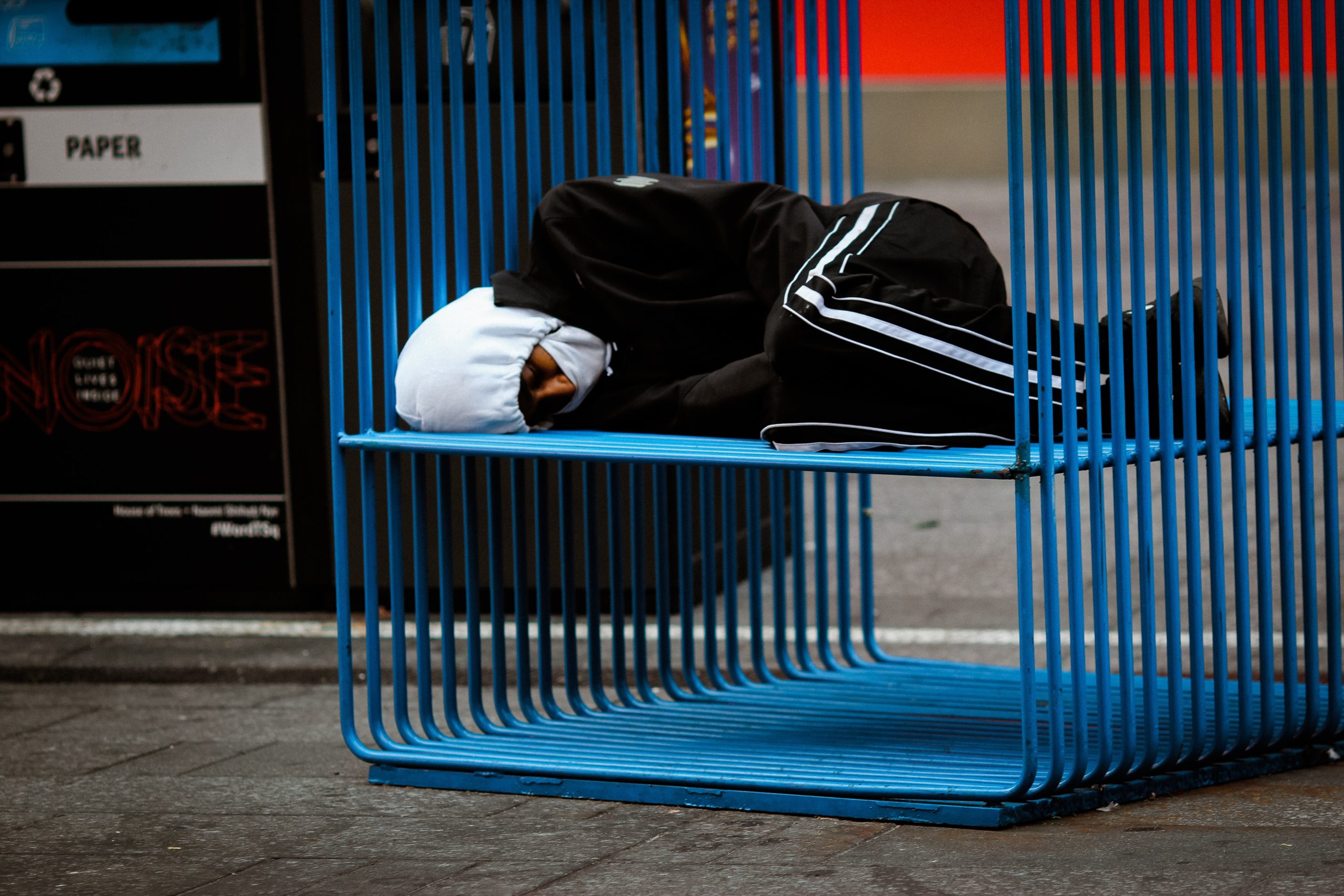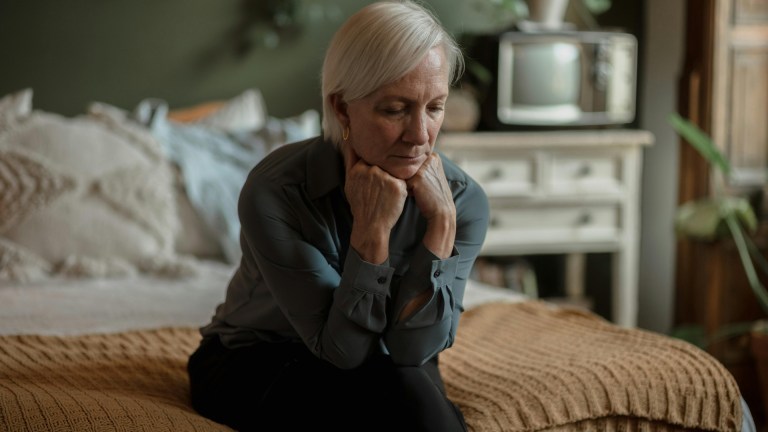The report launched on Thursday, just a day after the deadline for applications to the EU Settlement Scheme (EUSS) closed. The latest Home Office figures showed six million applications were made ahead of the deadline with a backlog of 500,000 applications still to be concluded.
Of the 5.45 million concluded applications, just over half have resulted in settled status being granted while a further 2.3m have been granted pre-settled status and will have five years to qualify for full settled status through continuous residence. Meanwhile, just under 110,000 — around 2 per cent — of applications have been refused.
However, homeless Europeans are likely to have been “excluded from the scheme” due to a lack of ID, ability to prove residence or poor access to legal assistance. PILC warned that efforts to “defend marginalised EU citizens’ right to remain” could last years.
The weakening of EU citizens’ rights following the end of the Brexit grace period is the latest in a series of policies that have driven homelessness among the group. Working-class EU citizens from central and eastern Europe, Roma EU citizens, non-white EU citizens and domestic abuse survivors were at greater risk, the report found.
Having a home is a basic human need and should apply to everyone regardless of where they were bornFiona Colley, director of social change at Homeless Link
Private rented housing costs and precarious employment drove EU citizens into homelessness just as it does with the wider population. But some drivers were specific to Europeans, including legal exclusion to accessing benefits. statutory homelessness assistance and local-authority housing allocations.
Further UK policies have also created a hostile environment for EU citizens in the last decade, according to PILC. The government’s rough sleeping rule that means the right to remain in the country could be refused or cancelled for sleeping on the streets has done “further damage to this group’s already-fragile trust in support services”.
Advertising helps fund Big Issue’s mission to end poverty
More than 70 local authorities and homelessness organisations have spoke out against the plans as part of the #SupportDontDeport movement. However, a PILC investigation, published in The Guardian found at least 10 councils have signed up to the Home Office’s Rough Sleepers Support Service.
Fiona Colley, director of social change at the national homelessness membership charity Homeless Link, told The Big Issue homelessness organisations have “worked tirelessly” to help people into accommodation and apply for the EUSS during the pandemic.
“Having a home is a basic human need and should apply to everyone regardless of where they were born. We welcome this report as a moment of introspection for the homelessness sector and hope the findings improve the support offered to EU citizens experiencing homelessness,” said Colley.
“But too often organisations’ hands are tied by government legislation. Without addressing the destitution caused by immigration laws, the government cannot hope to meet its target of ending rough sleeping by 2024.
“In the coming months it needs to implement a review of immigration-based restrictions to welfare to allow EU nationals facing homelessness to access support, as well as ensuring a support-led approach to help EU nationals who haven’t applied for settled status yet to continue to do so.”
The Home Office told The Big Issue removal of EU nationals was a “last resort measure for EEA migrant rough sleepers who refuse government and local authority support and repeatedly engage in persistent anti-social behaviour”.
Advertising helps fund Big Issue’s mission to end poverty
A government spokesperson said: “We recognise that rough sleepers are one of the more vulnerable groups in society, which is why Immigration Enforcement’s work with migrant rough sleepers is aimed at encouraging them to secure an immigration status or to take up support for voluntary return.
“The Rough Sleeping Support Service is an enhanced service for local authorities and registered charities to establish whether a rough sleeper has access to public funds so that we can identify any additional support they may need.
“We are pleased that more local authorities have signed up since it relaunched in September 2020, helping the government to more easily identify those who qualify for public funding but are unable to prove it.”










